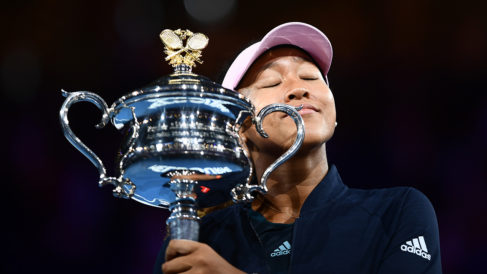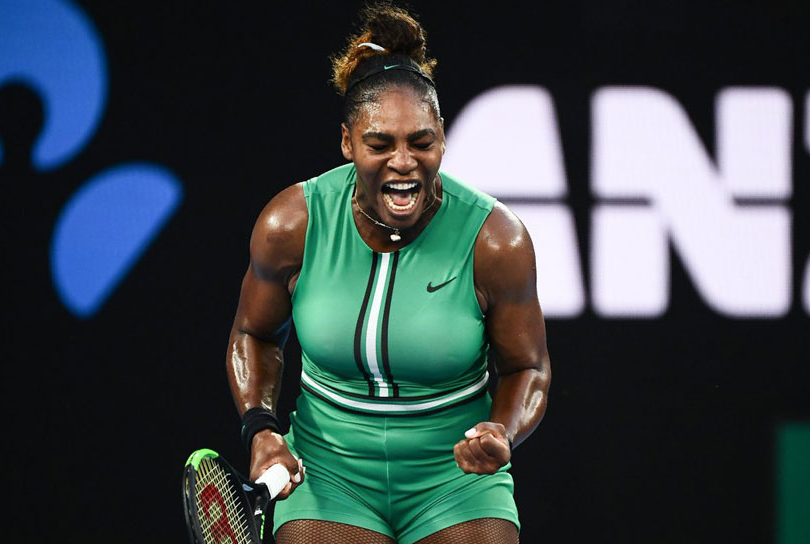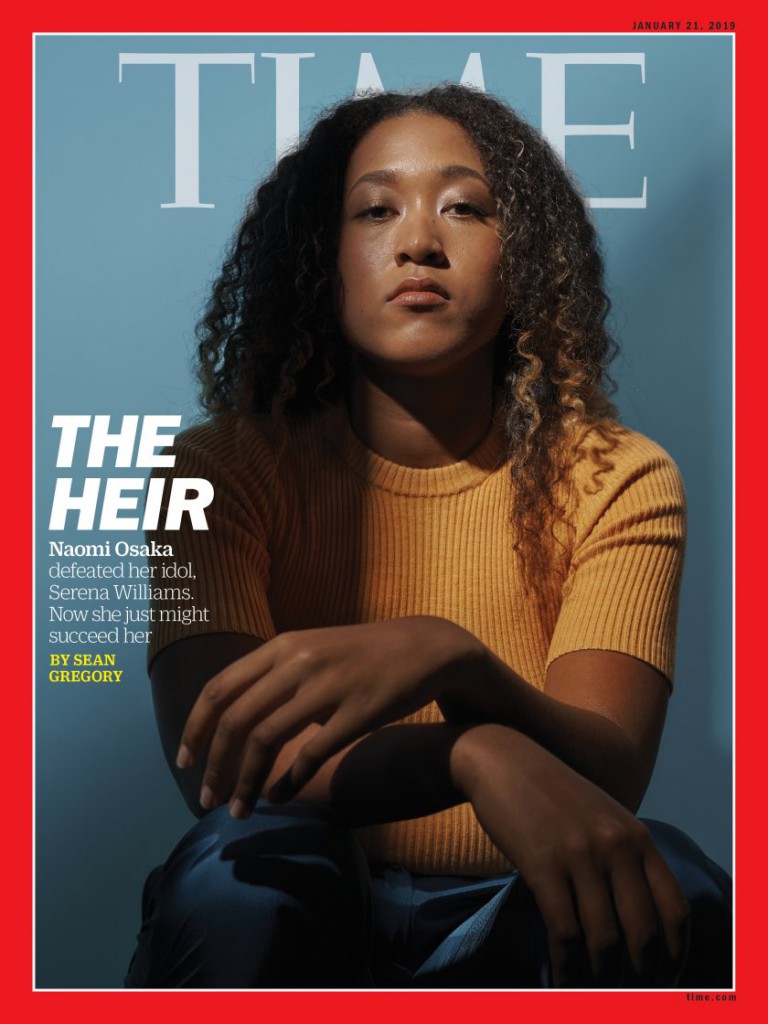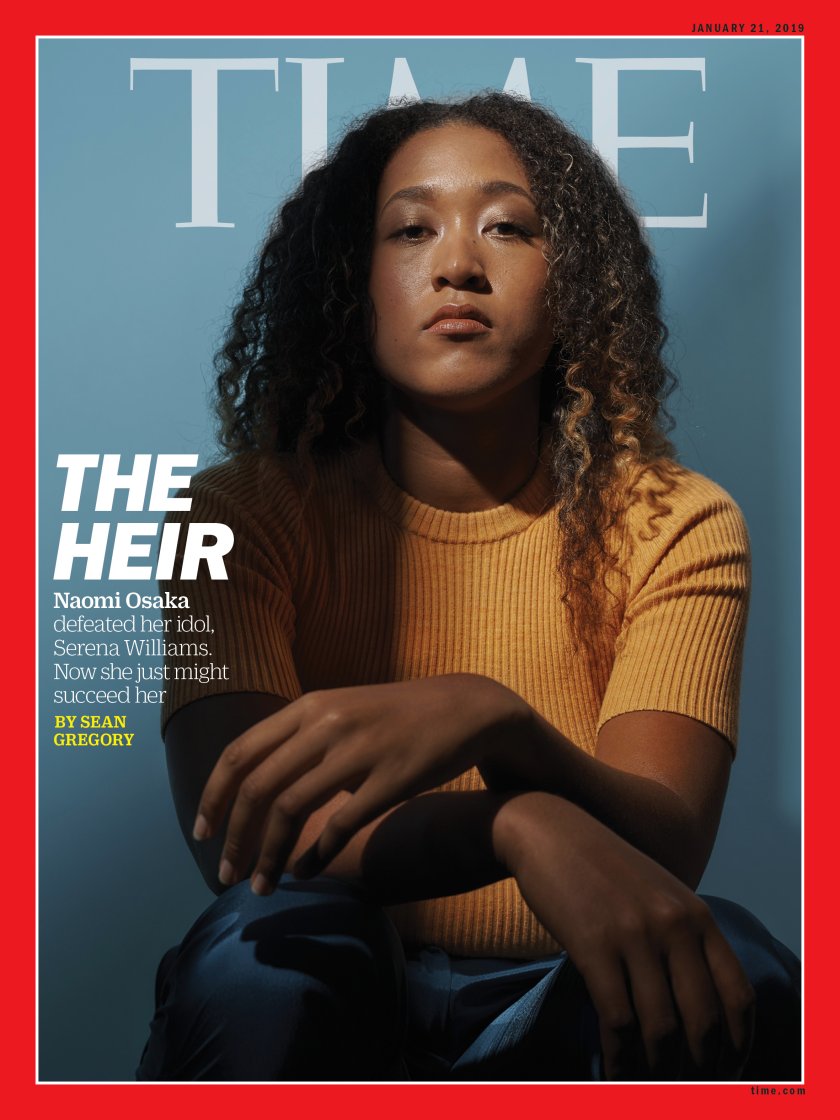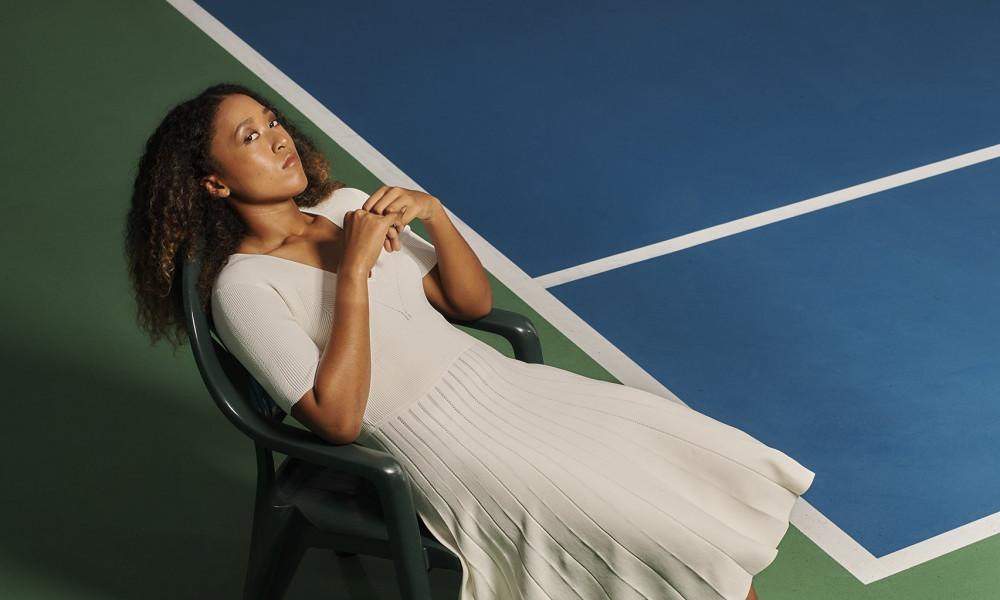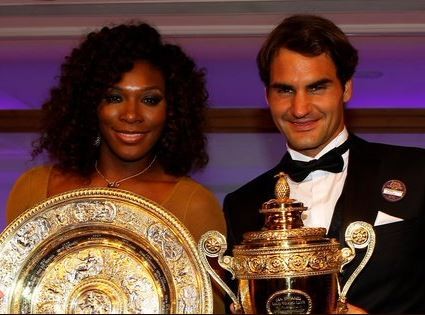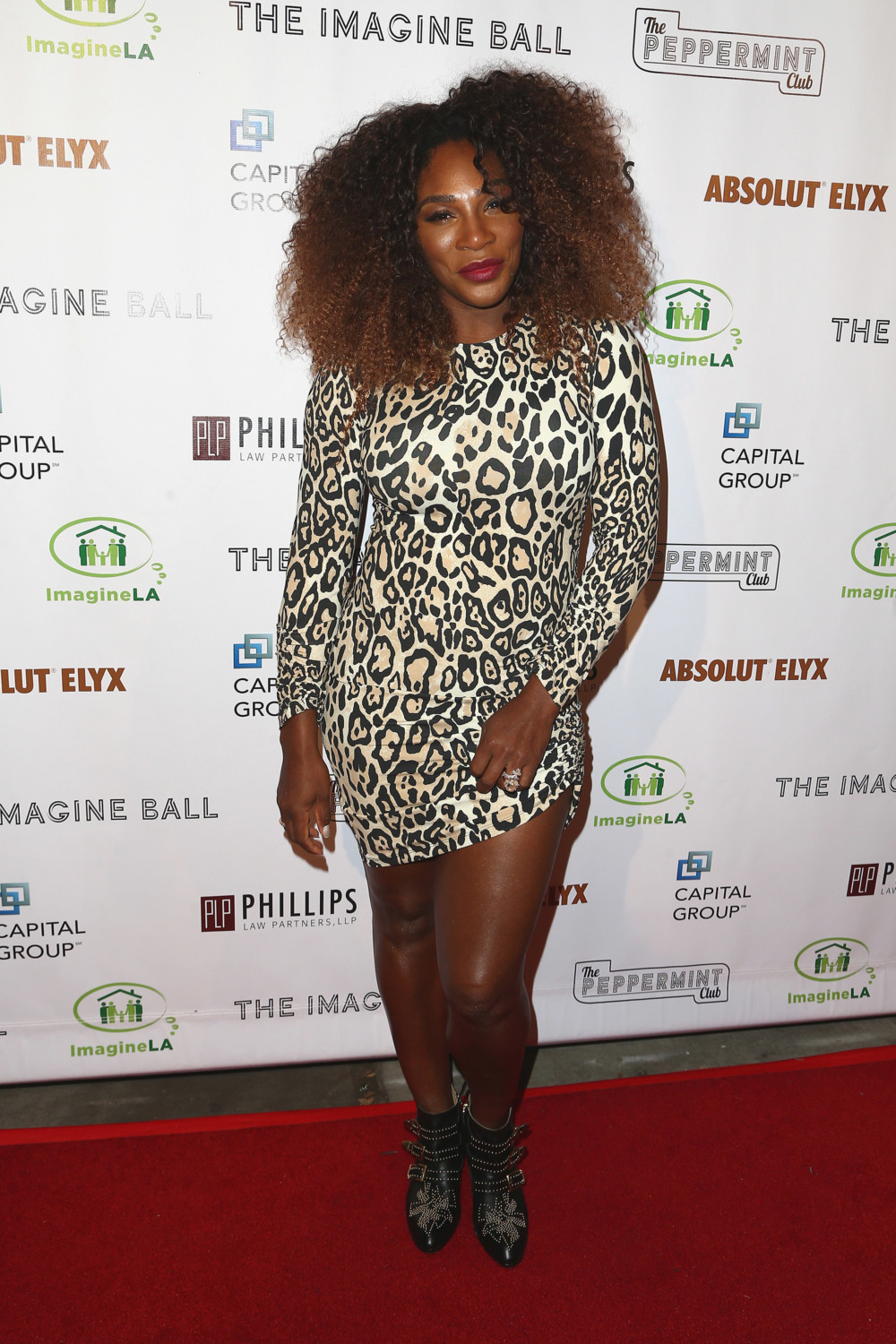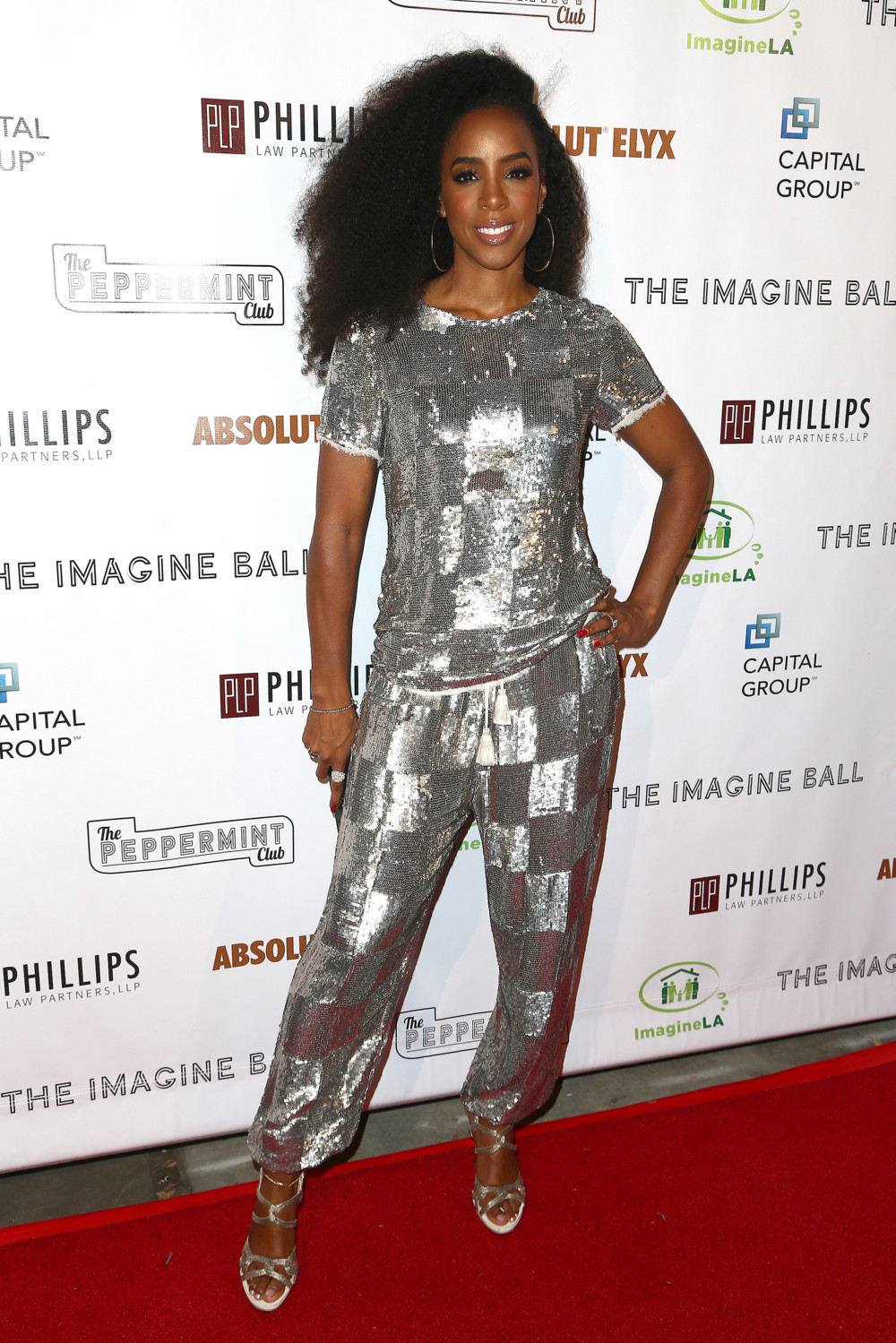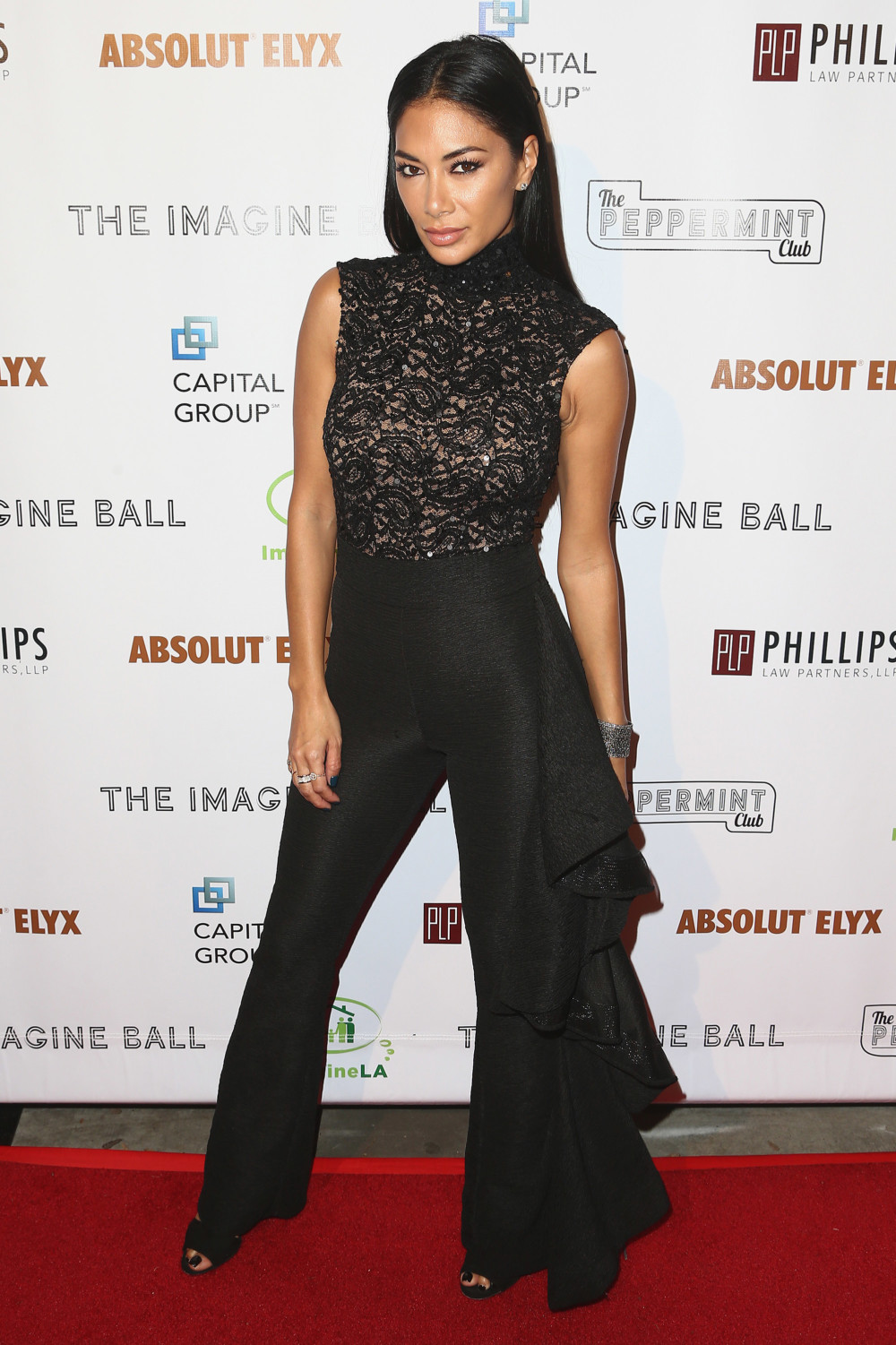The world in 2008 was a very different place, and methinks, much simpler. The worst kind of race argument you could get caught up in and viciously slated was debating Barack Obama’s biracial identity – and get caught up in a debate and viciously slated I did, when on a Facebook post I questioned why Barack Obama was always referred to by the mainstream media as “America’s first black president.”
Sad, how it’s been 11 years since “America’s first black president” was a reality and not a dream, and how 11 years on America seems to have regressed into Jim Crow era, but that’s for another day.
I don’t have a child yet, but one day when I am blessed with one, she will be blessed with Turkish-Nigerian roots. My argument in 2008 was that Barack Obama was no more black than he was white. As a biracial son of a Kenyan father and American mother, he was the “first biracial American president.” But alas, post after post, my Facebook friends and frenemies kept reminding me of the infamous one drop rule – a social and legal principle of racial classification, ironically, created by white Americans.
I had heard of one drop rule of course, but I refused for my then imaginary children to be defined by that one drop at the expense of half of their DNA, identity and heritage. “If someone calls my child Nigerian,” I remember arguing, “that may as well deny my whole existence in their creation, because, whatever happened to the other half of them that is undeniably Turkish?”
I even brought in my dual heritage into the mix, which has since become even more of a contentious issue in my native Turkey; for all the similarities on the surface, Turkish and Kurdish connote very different things in my ever polarised home country, where increasingly you’re having to pick a side. It may not be a case of the one drop rule just yet, but say out loud you’re Kurdish, and in the eyes of some, you might as well have admitted to having leprosy. In this melting pot of centuries old ethnic cultures, I was fortunate enough to have never had to choose, being born to a Kurdish father and a Turkish mother. To date, when talking about how dissimilar we are, my mother still reminds me I am the daughter of a Kurd after all, not in a derogatory way, but as a loving reminder of my late father’s heritage. Exactly as I would want my children to embrace both sides of their ethnic makeup, without being pigeonholed into one, or forced to pick side.
In the year 2019, while much has changed, some things remain the same as I was reminded earlier this week, when the new tennis sensation Naomi Osaka fielded a question from a Japanese reporter who wanted her to reply in Japanese and Osaka replied that she was going to say it in English before going into her answer.
Last year, upon winning the third round of the Australian Open, Osaka had to educate another Japanese reporter who wanted to know what her victory as a “very proud” Japanese means for her people.
“You moved to New York when you were two years old and lived in the United States for a long time, but you’re very proudly Japanese, obviously. What will this victory mean for the people back home, for both sets of fans who will be watching this for you?” asked the reporter, not knowing his mic would be handed back to him with the kind of sass we now know Osaka to be capable of.
“Actually, I live in FL now. But, I mean, of course I’m very honored to be playing for Japan. But my dad’s side is Haitian, so represent. But um, yeah. I forget the rest of your question. Sorry!” responded the tennis ace.
Following her latest win, USA Today called Osaka “the first Japanese player, man or woman, to win a Grand Slam trophy.” ESPN called her “the first tennis player from Japan to reach No. 1 in the rankings.” A story too similar to the French national football team made up of sons of immigrants who carried the country to the World Cup final who were relegated to the second class row behind the lily-white, pure-blooded French boys who went up to receive the cup, or the immigrant who was Malian one day but became French almost the next upon saving the life of a toddler dangling off a balcony, or men of African descent, footballers, scientists, politicians, who are defined by their country of adoption at the height of the success – how many times have you heard “American scientist of Nigerian parentage” or “British politician of Caribbean descent” – and dismissed by country of heritage at first sign of misdemeanour – “the terrorist thought to be Nigerian having gained naturalisation in 2015…”
So much may have changed in 11 years, but so little seems to have, if we are still debating the race of my still imaginary children. All I know is that I hope they will not be defined by the one drop rule, their non-black side erased, or whitewashed to make them fit into the success story that dictates all hint of colour should be removed. Above all, I hope they will have as much sass as Naomi Osaka in not letting anyone put their well-rounded selves into square boxes of racial tick boxes.
Credit: Guardian Woman, Sinem-Bilen Onabanjo
